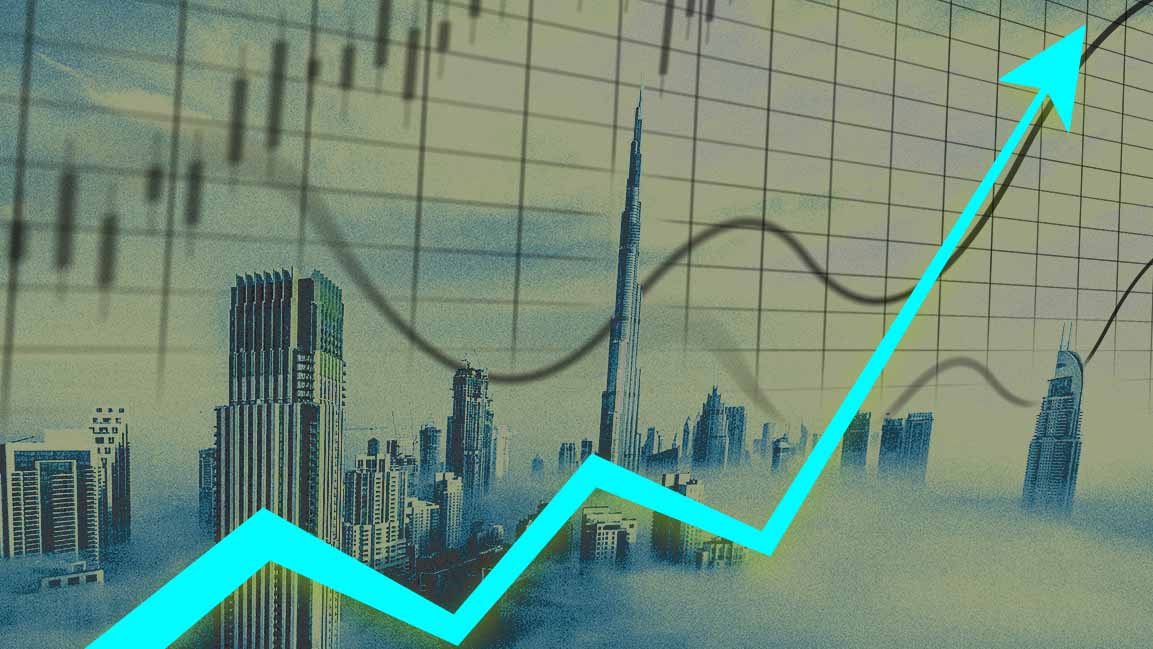- | 11:00 am
UAE aims for 7% economic growth in 2024
The government's long-term vision is to double its GDP to $816 billion by 2030

The UAE’s ambition to achieve a 7% economic growth target for 2024, as stated by Abdulla Bin Touq Al Marri, the Minister of Economy, reflects its determination to thrive despite global economic challenges.
Al Marri’s target of 7% surpasses earlier predictions by the UAE Central Bank (4.2%) and the World Bank (3.9%). Recognizing the evolving economic landscape, he highlighted the end of the era of low inflation and interest rates, stressing the importance of adjusting economic policies accordingly.
The UAE has a track record of robust growth, nearing 8% in 2022. With a long-term vision to double its GDP to $816 billion by 2030, the 7% target is a significant stride toward realizing this objective.
Al Marri highlighted the UAE’s efforts to reduce reliance on oil, noting that the non-oil sector presently accounts for 74% of the GDP. Moreover, the government actively encourages foreign investment by easing ownership regulations and implementing visa reforms.
Roberta Gatti, World Bank Chief Economist for the Middle East and North Africa (MENA) region, shared optimism for 2025, foreseeing a rise in oil production. However, she stressed the importance of regional governments prioritizing a robust relationship between the public and private sectors to attain sustainable growth.
Gatti underlined the MENA region’s susceptibility to global economic downturns, projecting GDP growth to reach only 2.7% in 2024. She raised concerns about escalating debt levels, especially among oil-importing economies, and emphasized the necessity for diversification among oil exporters.
The conference also explored the impact of technological advancements on the region’s economy. Naima Al Falasi, Senior Vice President of Portfolio Strategy at Mubadala, highlighted the significant contribution of Generative AI, estimating a $23.5 billion benefit for the Gulf Cooperation Council (GCC) economies.
Dr. Mahmoud Mohieldin, UN Special Envoy on Financing the 2030 Agenda for Sustainable Development, emphasized the need for faster economic recovery in the MENA region compared to global trends. He noted a widening gap between developed and developing economies.
The summit also addressed supply chain disruptions arising from the Red Sea situation. Chris Williamson, Chief Business Economist at S&P Global Market Intelligence, suggested that the abundance of suppliers in the region could help mitigate inflationary pressures.































